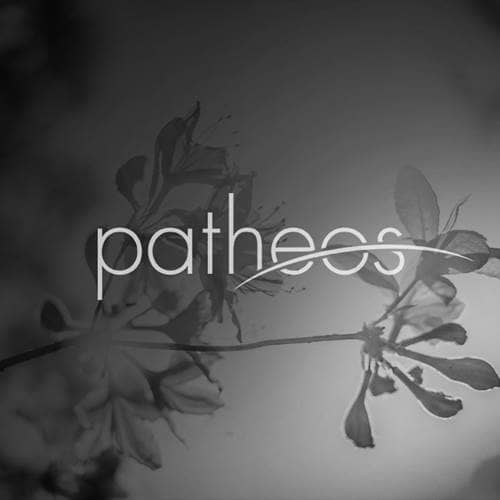
When we consider religious affiliations around the United States, it’s apparent that certain forms of Christianity are far more visible in what is called the Bible belt, which is a general term referring to a swath of states in the South and southern Midwest. Gallup polls show that southeastern states are strongly Protestant and conservative, especially compared to other parts of the country.
Perhaps one way to understand this phenomenon is to recognize that a little over a century ago, Protestantism predominated through most of the United States. Colonial America was largely Protestant, and prior to the Civil War Protestantism was the norm in every state. Since then Christianity of every kind has lost ground in the northeast and the northwest, while it has retained a stronger influence in the southern states. Thus the question could be phrase, “Why has Christianity remained so strong in the Bible belt/South?”
Part of its enduring power in the South can be explained by that area’s earlier history as largely hierarchical and rural, contexts which tend to intensify and entrench family traditions and beliefs. The northern states had a stronger industrial and manufacturing base, which attracted waves of European immigration. A growing varied population—including Irish Catholics, eastern European Jews, German Lutherans, and more—generated a culture that accommodated a wider variety of religious thought and practice and diversified Christian beliefs and practices. The southern states, built on a more generally agricultural and land-based economy, tended to be more homogenous and insulated from these influences. Its isolation from these forces was due in large part to its labor force—slavery. The southern states did not need the European immigrants, which prevented them from assimilating the rich and creative influx of different worldviews.
The antebellum years of dispute between the South and the North over slavery found Christians on both sides of the issue. The scriptures were used to support both the slave system and abolition. Christians in the North argued for abolition based on the nature of humanity as made in the image of God and the New Testament call to brotherly love. Many southern Christians defended slavery using Old Testament examples of slave practices and Pauline arguments about divinely appointed authorities. The eradication of slavery and the defeat of the Confederate states intensified a defensive, conservative, Protestant Christianity in the South, characterized by a strong insistence on a literal interpretation of scripture.
The Scopes Trial of 1925 in Tennessee, debating the teaching of evolution in the classroom, also intensified conservative Christianity’s resentment of and resistance to the liberalizing forces more dominant in the North. The trial’s mockery of southern sentiments and values, which merged cultural and biblical ideas, ignited an animosity around what was perceived as northern liberalism. Many southerners began to understand their Christian faith as, in part, a resistance to and rejection of modernizing arguments around science, culture, religion, and politics.
3/23/2021 6:32:41 PM









